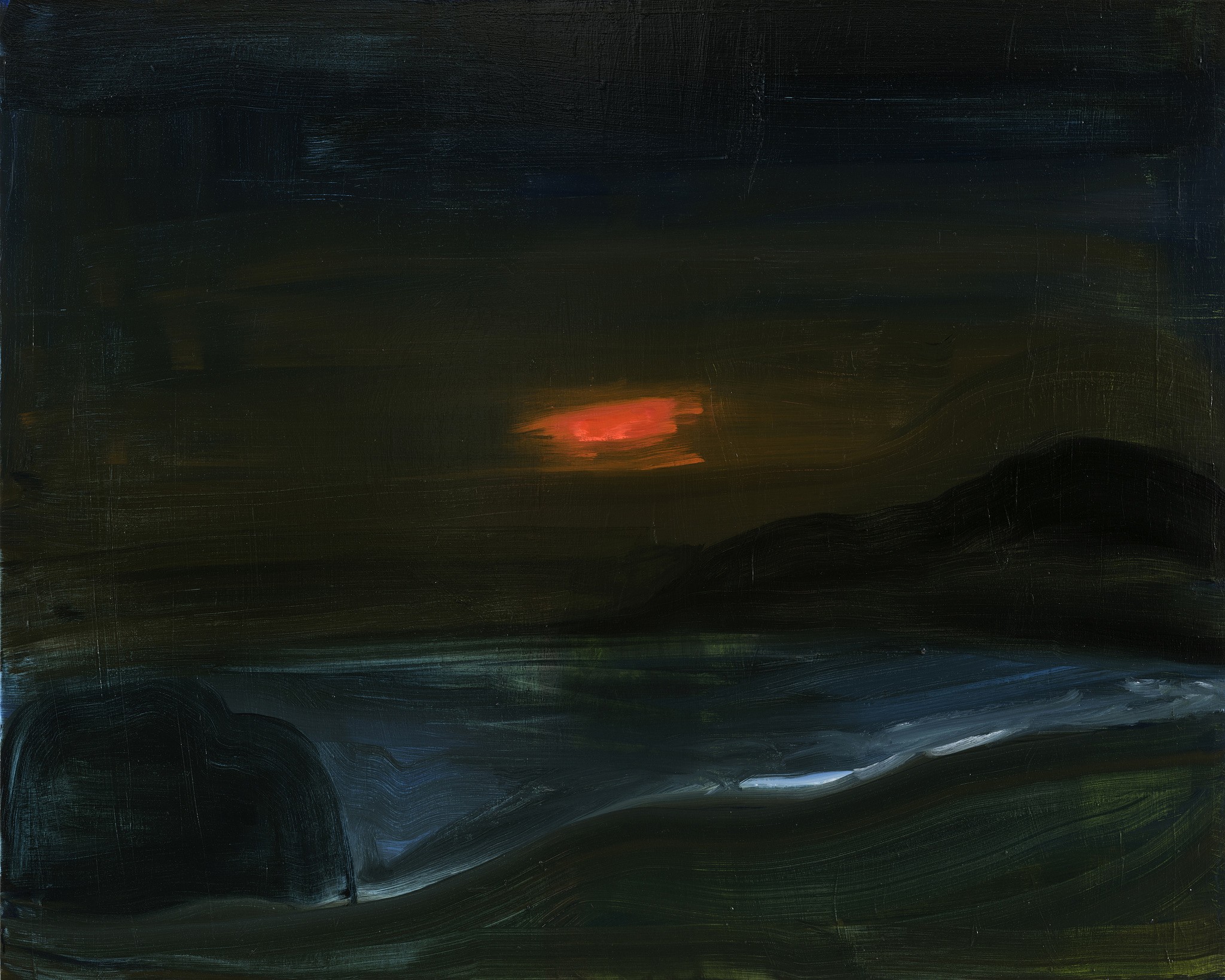PRESS RELEASE

Kathryn Lynch
Feb 27 – Apr 30, 2020
Kathryn Lynch is a portraitist of time and its endless motion, powered by her individual experience of her immediate environment and a compounding of histories and sensations brought further to life by her flâneuse habit of taking miles long walks. Wherever she is, Lynch herself is always moving, through both the world and through memory, a coalescence of the past and present.
Her works are eulogies, mournful longings for an extension, for each moment to be drawn out, boundless. Some are full of fervor, like a gripping chase for the time that escapes us, a chance to ask more from these fleeting moments, so universal and personal. Others are more compliant, accepting of their memorialized temporality. They are at once autonomous, mysterious and sublime, intimate and banishing, while quiet, melancholic; lifeforms created to grapple with time’s trickery, its state of omnipresence and disintegration.
In the work Untitled from 2019, Lynch uses the scale of a heroic history painting in her treatment of a wave. It is not a wave of epic proportions, but sublime nonetheless in the power that translates through the canvas, churning towards us, frothing with snowy water; a wave that is at once primordial and contemporary—rolling across the ocean or breaking apart against the side of a ship, it is timeless.
Another work, entitled F Train at Night, depicts a bi-level bridge over water, which night has blotted out from our view; only the ripple from a lone boat catches the lights from above. Despite the blur of cars and a train passing across the short spans, it is a scene that seems to exist beyond our present moment: the quiet movements of days end, pockets of dim yellow light that ebb and flow, long, uncanny shadows, the converging and diverging paths leading us all through the dark.
Lights, both natural and artificial, act as reminders of the nature of time and its constant passing, a signal from the past that transcends the present. Her more human motifs—tugboats, trains, cars—are more than a simple lexicon of shapes, but metaphors reaching beyond the Anthropocene into deep time, existing across millennia in their manifestations of time’s duel cyclical and linear movement.
Lynch reveals the turn of the earth, the motion that underlies the fact of being, showing us that nothing is static. So why not stay longer in this sun-licked field, remembering the feeling of slick, cool dew on lush, long grass, the light wisps of dandelion seed dampened by its evaporating weight.
–Madeleine Mermall
